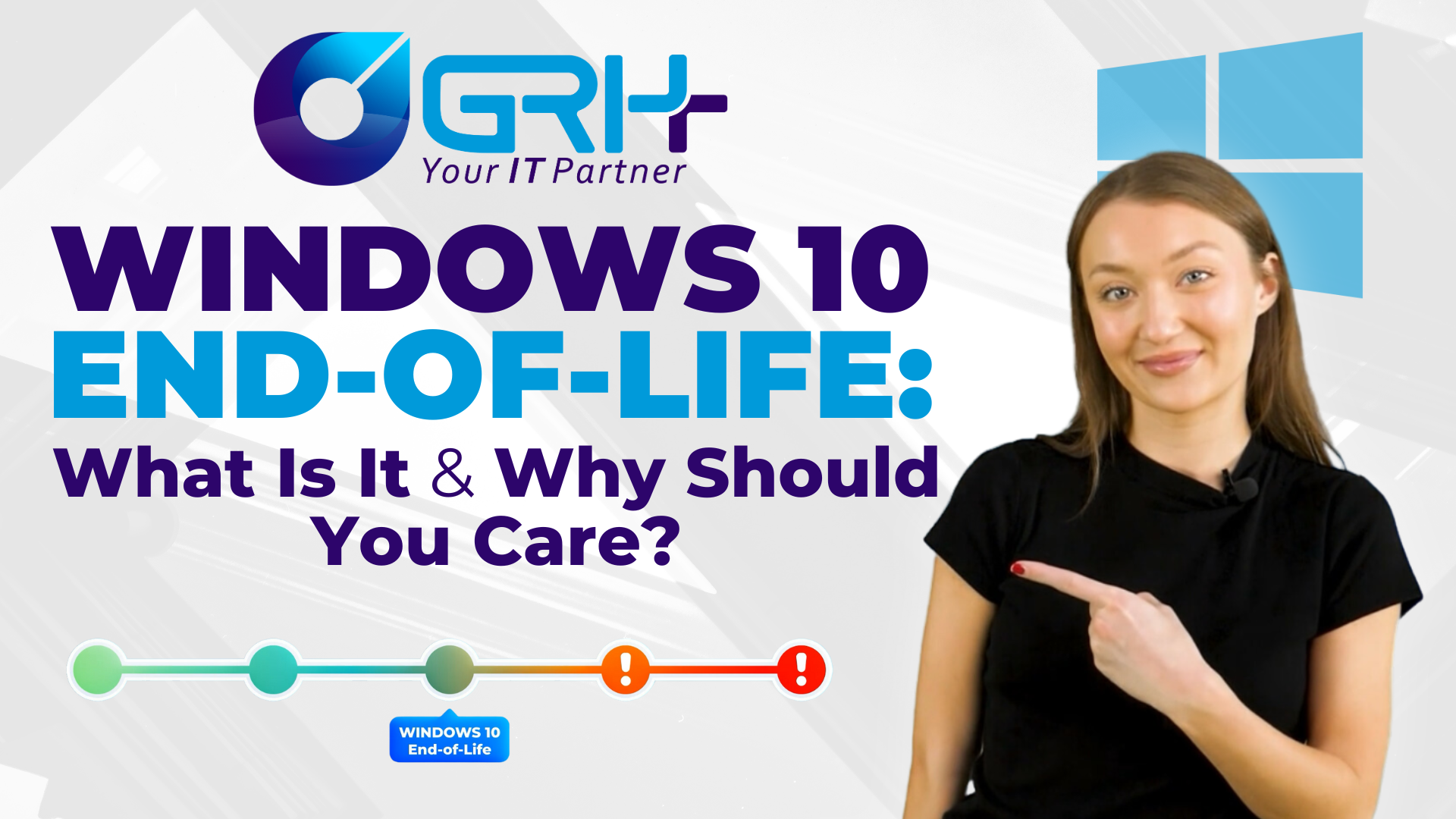Windows 10 End of Life: Why Upgrading Before Support Ends Is Critical

As of October 14, 2025, Microsoft will officially end support for Windows 10. After this date, the operating system will no longer receive security updates, technical assistance, or software updates from Microsoft. While your Windows 10 PC will continue to function, using an unsupported operating system poses significant risks. (microsoft.com)
Why Upgrading Before Support Ends Is Critical
- Security Vulnerabilities: Without regular security patches, Windows 10 systems become increasingly susceptible to malware, ransomware, and other cyber threats. Cybercriminals often target outdated systems, knowing they lack the latest defenses. (vc3.com)
- Software Compatibility: As Windows 10 becomes obsolete, newer applications and hardware may not be compatible, leading to potential productivity issues. Developers typically optimize their products for supported operating systems, meaning you could miss out on new features and improvements.
- Lack of Technical Support: After October 14, 2025, Microsoft will no longer provide technical assistance for Windows 10. This absence of support can lead to prolonged downtimes in case of system issues, as troubleshooting becomes more challenging without official guidance.
Can Your PC Be Upgraded to Windows 11?
Not all devices currently running Windows 10 will be eligible for an upgrade to Windows 11. Microsoft has outlined specific system requirements, including:
- A compatible 64-bit processor (Intel 8th Gen or newer, AMD Ryzen 2000 series or newer)
- 4GB of RAM (8GB or more recommended for best performance)
- 64GB of storage
- TPM 2.0 security module
- Secure Boot capability
To check if your PC meets these requirements, you can use Microsoft’s PC Health Check tool.
When Will You Need a New Device?
If your PC does not meet the Windows 11 requirements, you have a few options:
- Upgrade Hardware: If your PC is only slightly outdated, upgrading components like RAM, storage, or adding a TPM 2.0 module might enable Windows 11 compatibility.
- Use Windows 10 Extended Security Updates (ESU): Microsoft offers a paid ESU program that extends security updates for up to three years.
- Replace Your Device: If your hardware is significantly outdated (e.g., over 5 years old), upgrading to a new Windows 11-compatible device may be the most cost-effective and future-proof option.
Preparing for the Transition
Microsoft recommends upgrading to Windows 11 to ensure continued support and security. Windows 11 offers a modern and efficient experience designed to meet current demands for heightened security. (microsoft.com)
To assist users in this transition, Windows 10 PCs will receive in-product notifications about the upcoming end of support, providing information on available options and actions to take.
(blogs.windows.com)
Conclusion












